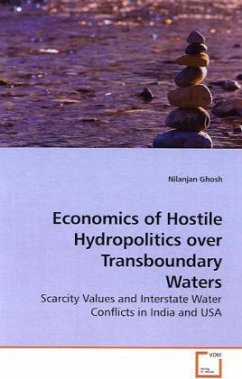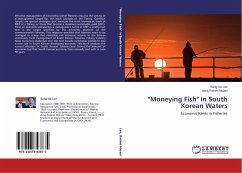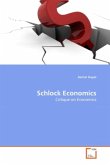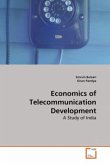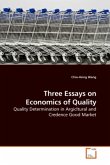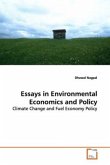This volume exposes the colossal implications that valuation of water resources has in providing an explanation to transboundary water disputes. By challenging the scarcity induces disputes contention, the volume proposes that the potential cause of dispute over transboundary waters is not physical scarcity of water, but the way in which scarcity is being valued by co-riparians. This is being referred here as the scarcity value of water. Based on neoclassical economic theory, scarcity value has been defined as the value that could have been generated if the ceiling on water availability in the water scarce economies is relaxed by a unit. Under scarce conditions, the value is not generated, and hence the name. It is merely this feeling of deprivation due to scarcity that causes the discontentment among the competing stakeholders of transboundary waters, and compels them to react, thereby leading to water conflicts. In this book, this contention has been empirically validated with the cases of disputes over water sharing over Cauvery River in south India, and over Colorado River in the western part of US.
Bitte wählen Sie Ihr Anliegen aus.
Rechnungen
Retourenschein anfordern
Bestellstatus
Storno

